Witness: Air support in Srebrenica came too late
A Dutch general testified at the Hague trial of the Srebrenica Seven last week.
Sunday, 02.12.2007.
16:23

A Dutch general testified at the Hague trial of the Srebrenica Seven last week. Kees Nicolai, former UNPROFOR chief of staff in Bosnia, believes the air support called in by UNPROFOR came too late in Srebrenica in July 1995 because the UN leadership hesitated too long in approving the use of the NATO air force. Witness: Air support in Srebrenica came too late Testifying at the trial of Bosnian Serb military and police officers charged with crimes in Srebrenica and Zepa, Nicolai described that close air support for the Dutch Battalion deployed in Srebrenica enclave had been postponed several times in June 1995 despite frequent attacks of the Bosnian Serb forces. After the hostage crisis in May 1995, he explained, the UN command introduced restrictive guidelines for air support. The guidelines specified that it was better for the blue helmets to withdraw if the UN checkpoints came under attack, than to call in NATO air strikes. In June 1995, UNPROFOR responded to the attacks by making written and verbal protests to the Bosnian Serb Army (VRS) General Staff. In most cases, General Nicolai was the one to protest. The Dutch general said that the VRS General Staff would usually deny that the VRS had anything to do with the attacks on the UN troops. General Zdravko Tolimir and General Milan Gvero, with whom he communicated, kept saying this, and in his view those were lies. Tolimir was Mladic’s assistant for security and Gvero his assistant for morale and religious affairs in the VRS General Staff. General Nicolai confirmed the authenticity of the minutes of these conversations, shown to him by the prosecution, including the conversation he had with General Gvero on July 11, 1995, on the day when NATO finally launched air strikes and when Mladic’s troops captured Srebrenica. The minutes indicate that when Nicolai demanded that the VRS immediately stop attacking the enclave, Gvero said that he ‘couldn’t stop the attacks even if there were any’ because the VRS is not attacking either UNPROFOR or the civilians in Srebrenica. Gvero threatened that General Nicolai and UNPROFOR would be considered responsible for any consequences if NATO air strikes did not stop. General Nicolai took this as a threat that the VRS would shell the Dutch Battalion compound in Potocari where a large number of civilians from Srebrenica had already gathered. The air campaign stopped and the negotiations with the VRS command continued. They resulted in the withdrawal of UNPROFOR from Srebrenica on July 21, 1995. According to the agreement signed by General Rupert Smith, the commander of UN forces in Bosnia, and Ratko Mladic in Belgrade on July 19, 1995 the Dutch soldiers were given a guarantee that they could safely withdraw from the enclave with all of their equipment and weapons. General Nicolai supervised the withdrawal of the Dutch Battalion. In a video clip shown in court, Mladic is personally seeing the Dutch off and saluting the UN soldiers in the convoy. As there were "many soldiers among the Dutch who, after all that had happened did not want to salute Mladic", General Nicolai decided to decrease the tension and reduce the risk of the Dutch Battalion’s evacuation being disrupted and saluted the soldiers together with Mladic. He wanted to make it possible for the weary UN soldiers to salute him and not the hated Bosnian Serb general.
Witness: Air support in Srebrenica came too late
Testifying at the trial of Bosnian Serb military and police officers charged with crimes in Srebrenica and Žepa, Nicolai described that close air support for the Dutch Battalion deployed in Srebrenica enclave had been postponed several times in June 1995 despite frequent attacks of the Bosnian Serb forces.After the hostage crisis in May 1995, he explained, the UN command introduced restrictive guidelines for air support. The guidelines specified that it was better for the blue helmets to withdraw if the UN checkpoints came under attack, than to call in NATO air strikes.
In June 1995, UNPROFOR responded to the attacks by making written and verbal protests to the Bosnian Serb Army (VRS) General Staff. In most cases, General Nicolai was the one to protest. The Dutch general said that the VRS General Staff would usually deny that the VRS had anything to do with the attacks on the UN troops.
General Zdravko Tolimir and General Milan Gvero, with whom he communicated, kept saying this, and in his view those were lies. Tolimir was Mladić’s assistant for security and Gvero his assistant for morale and religious affairs in the VRS General Staff.
General Nicolai confirmed the authenticity of the minutes of these conversations, shown to him by the prosecution, including the conversation he had with General Gvero on July 11, 1995, on the day when NATO finally launched air strikes and when Mladic’s troops captured Srebrenica.
The minutes indicate that when Nicolai demanded that the VRS immediately stop attacking the enclave, Gvero said that he ‘couldn’t stop the attacks even if there were any’ because the VRS is not attacking either UNPROFOR or the civilians in Srebrenica.
Gvero threatened that General Nicolai and UNPROFOR would be considered responsible for any consequences if NATO air strikes did not stop.
General Nicolai took this as a threat that the VRS would shell the Dutch Battalion compound in Potocari where a large number of civilians from Srebrenica had already gathered. The air campaign stopped and the negotiations with the VRS command continued.
They resulted in the withdrawal of UNPROFOR from Srebrenica on July 21, 1995. According to the agreement signed by General Rupert Smith, the commander of UN forces in Bosnia, and Ratko Mladić in Belgrade on July 19, 1995 the Dutch soldiers were given a guarantee that they could safely withdraw from the enclave with all of their equipment and weapons.
General Nicolai supervised the withdrawal of the Dutch Battalion.
In a video clip shown in court, Mladić is personally seeing the Dutch off and saluting the UN soldiers in the convoy. As there were "many soldiers among the Dutch who, after all that had happened did not want to salute Mladić", General Nicolai decided to decrease the tension and reduce the risk of the Dutch Battalion’s evacuation being disrupted and saluted the soldiers together with Mladić.
He wanted to make it possible for the weary UN soldiers to salute him and not the hated Bosnian Serb general.






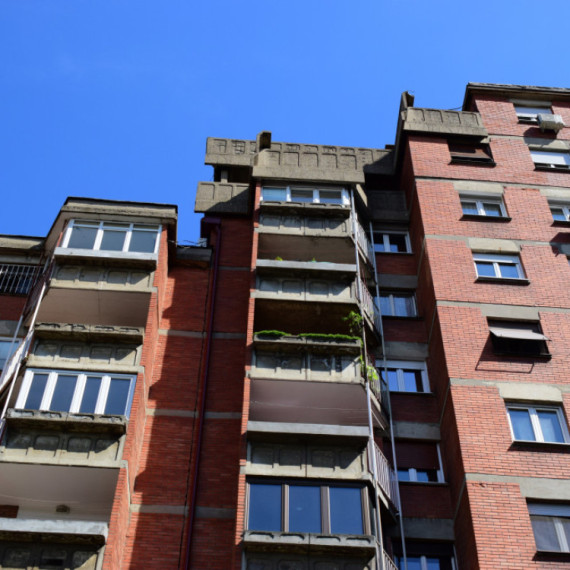




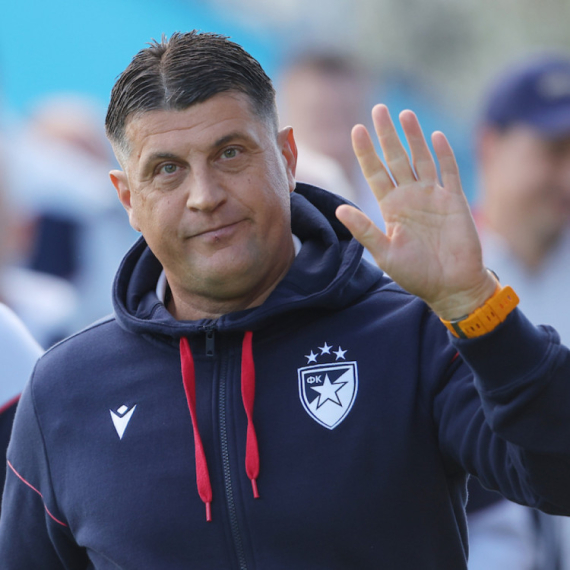

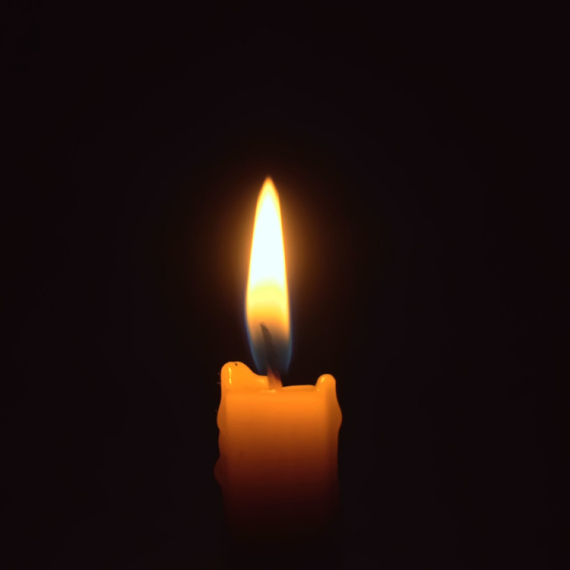

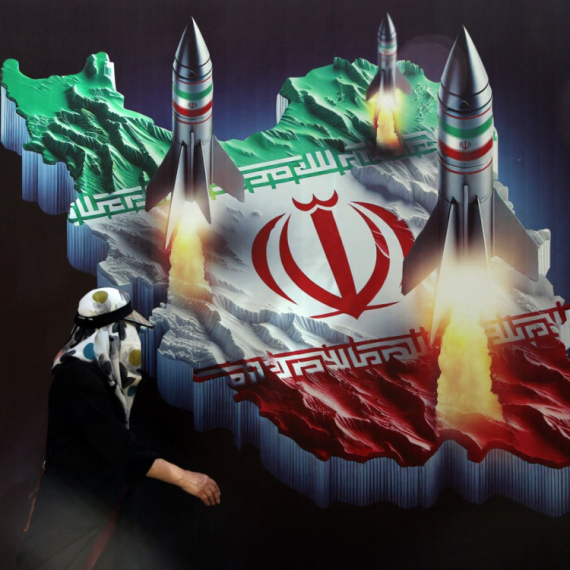
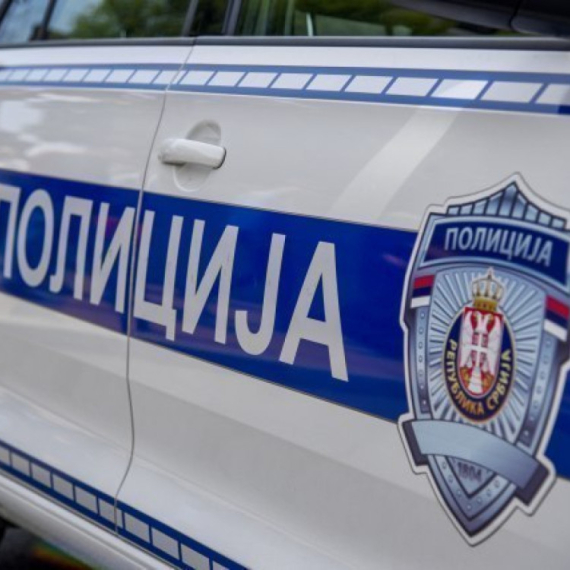
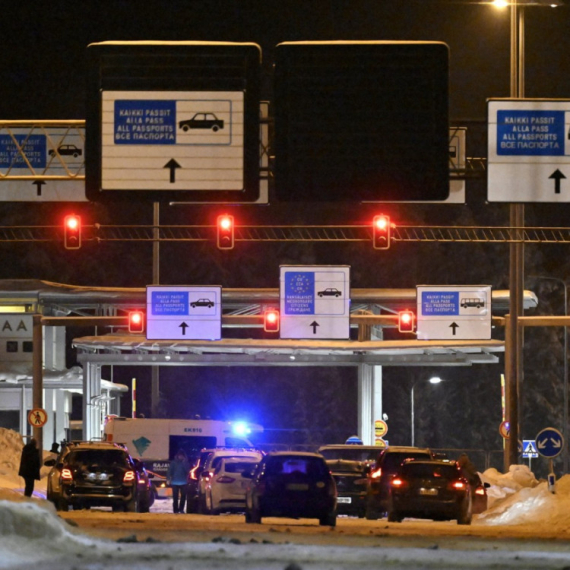

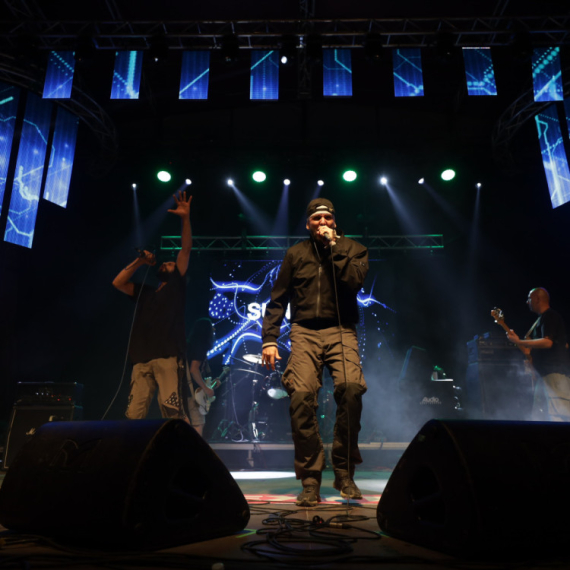

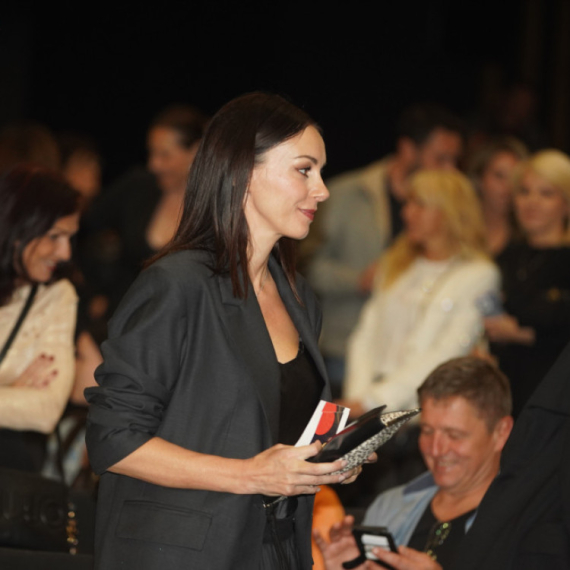




























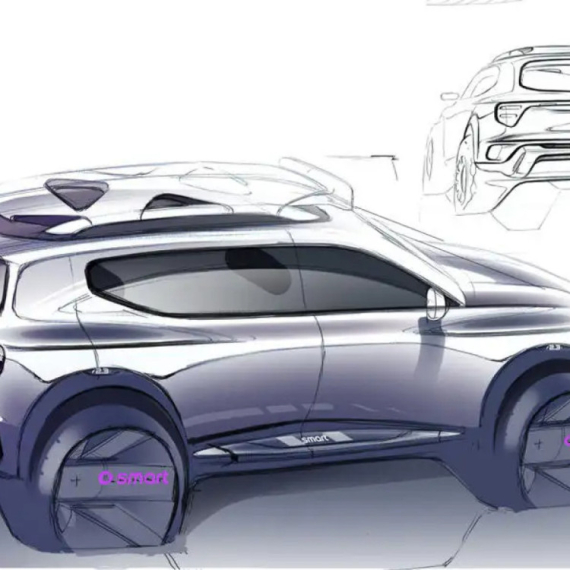



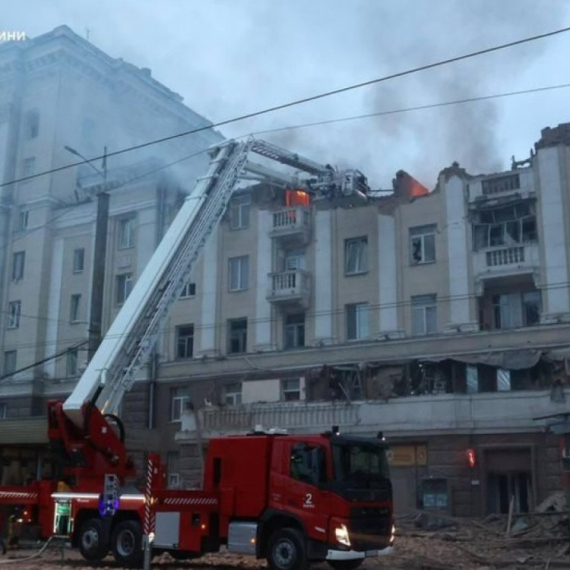
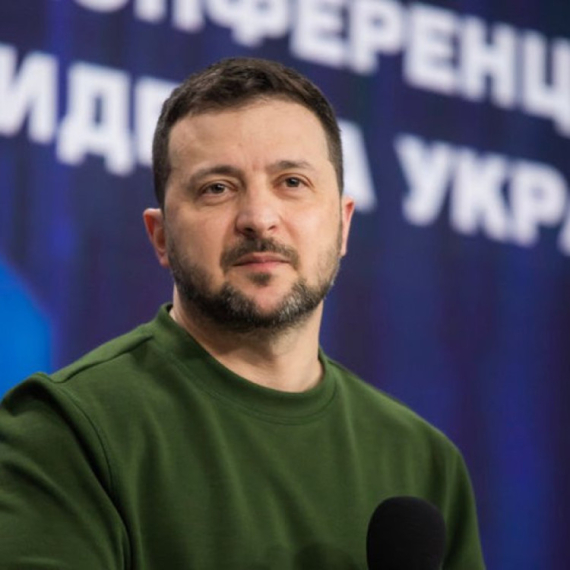
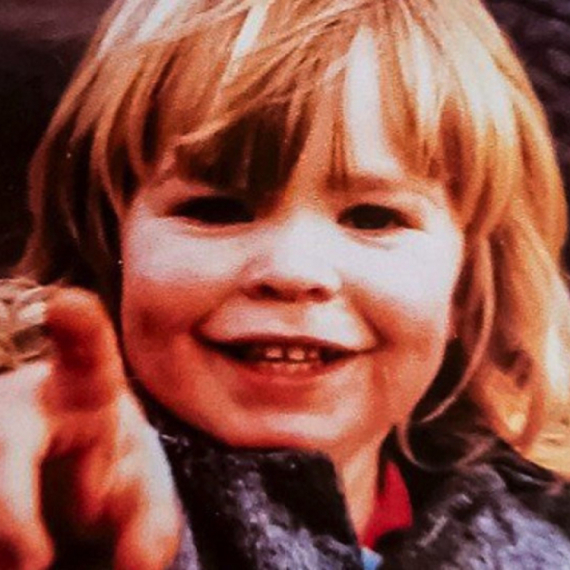

Komentari 7
Pogledaj komentare